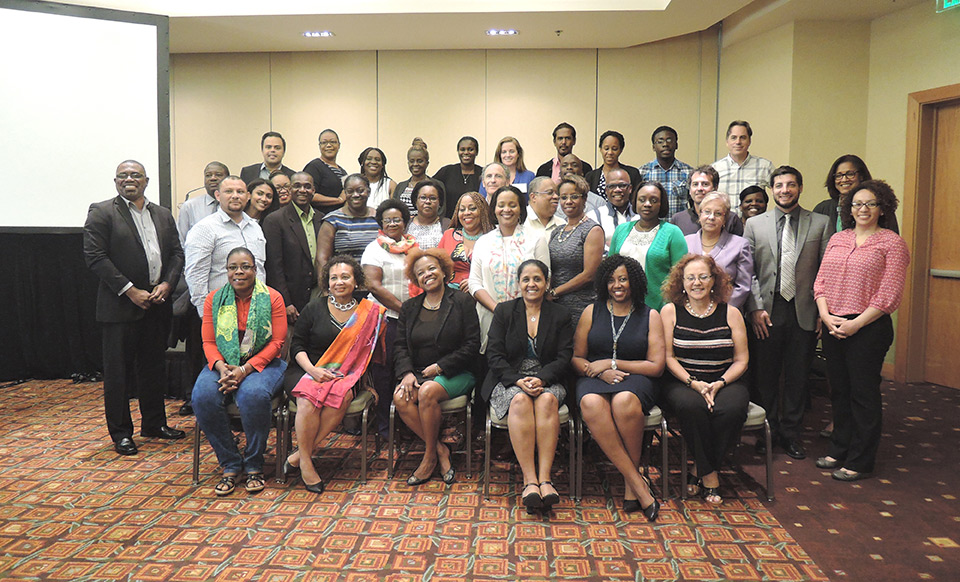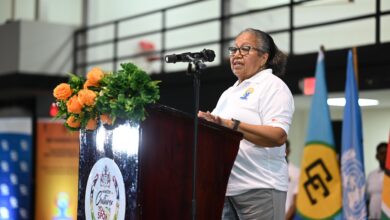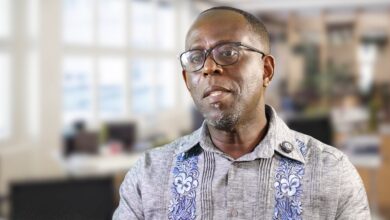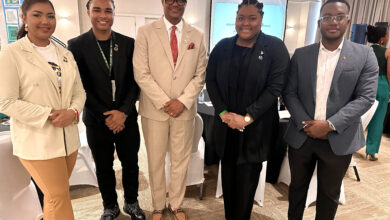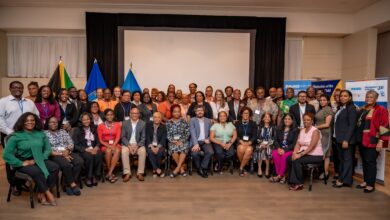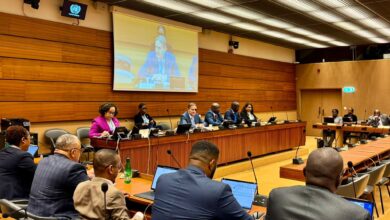Pan Caribbean Partnership against HIV and AIDS (PANCAP) partners committed to implementing high impact cost effective interventions to sustain national and regional responses. This commitment was made at the Fourth Annual Meeting of National AIDS Programme Managers and Key Partners, which concluded today, 17th March 2016 in Trinidad and Tobago.
The meeting’s participants were challenged to identify the national and regional guiding policies and actions needed to sustain an effective HIV response. They were also challenged to fast track the end of the AIDS epidemic by 2030, notwithstanding the current global economic environment and declining donor funds for HIV.
The economic implications of sustaining Care and Treatment for All and access to affordable medicines and commodities were discussed. Strategies for operationalising new approaches for HIV prevention and treatment at the national level were agreed, and the need for the integration of HIV into health systems was reaffirmed. The cross-cutting role of civil society in the response to HIV, including service delivery and advocacy, was also reaffirmed.
Partners reiterated and agreed that the elimination of mother-to-child transmission of HIV and congenital Syphilis was within the Caribbean’s reach. Cuba was validated in 2015 as the first country in the world to achieve this target and 17 other countries in the region are working towards validation in 2016.
The outcomes of the meeting are:
New 2015 WHO guidelines for the use of antiretroviral drugs for the treatment and prevention of HIV disseminated, and challenges and opportunities for their implementation identified;
Strategies, based on cost analysis, for the sustainability of “care and treatment for all” in the Caribbean defined;
Integration and alignment of the Elimination of Mother-to-Child Transmission strategy with other key services to ensure sustainability of gains discussed; and
PAHO Action Plan for the Control of HIV/STI 2016-2021 and the Caribbean Cooperation in Health (CCH) IV revised.
PANCAP collaborated with the Pan American Health Organization/World Health Organization (PAHO/WHO), US Centers for Disease Control and Prevention (CDC) Caribbean Office and the Joint United Nations Programme on HIV/AIDS (UNAIDS) to convene the meeting.
Participants included National AIDS Programme Managers from 18 countries, selected Chief Medical Officers, development, regional and civil society partners.
PANCAP is a Caribbean regional partnership of governments, regional civil society organisations, regional institutions and organisations, bilateral and multilateral agencies and contributing development partners. Established on 14 February 2001, PANCAP provides a structured and unified approach to the Caribbean’s response to the HIV epidemic, coordinates the response through the Caribbean Regional Strategic Framework on HIV and AIDS (CRSF) to maximise efficient use of resources and increase impact, mobilise resources and the build capacity of partners.

